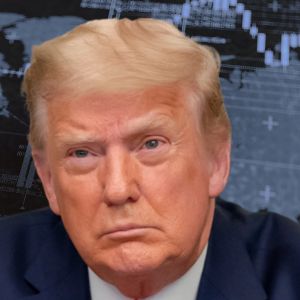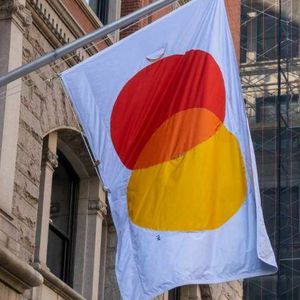Trump’s “America First” ideology appears to be backfiring as it has driven other countries to take measures that could leave the U.S. behind. Southeast Asian countries, which suffered the effects of Trump’s levies, are joining hands to increase intra-regional trade and diversify their export destinations. Trump’s “America First” ideology, which prioritizes the domestic over the international, depends on the assumption that the world needs America more than it needs the world. Treasury Secretary Scott Bessent argued that the “America First” ideology is a call for deeper collaboration and mutual respect among trade partners. Asia takes the lead in making deals to avoid Trump tariffs The president’s team has drafted a framework to handle negotiations with about 18 countries, including a template that indicates common areas of concern to guide the discussions. Bessent said on ABC News’ This Week with George Stephanopoulos that there are 18 important U.S. trading partners, including China, which is undergoing a “special negotiation.” He argued that the U.S. has a process in place, over the next 90 days, to negotiate with the other 17 nations. “Some of those are moving along very well, especially with the Asian countries,” he added. Bessent also mentioned last week that the U.S. and South Korea could reach an “agreement of understanding” on trade as soon as this week. The country’s officials said they see early July as the initial deadline for any negotiations to at least get tariff exemptions. The UK was slapped with 10% tariffs, and the Exchequer Chancellor, Rachel Reeves, told reporters in Washington last week that “a deal can be done” but “we’re not going to rush.” Canada, whose levies aren’t affected by the 90-day reprieve, also wishes to take its time. The country’s Prime Minister, Mark Carney, argued that Canada doesn’t have to make a deal in the short term. Carney told reporters Thursday while campaigning in British Columbia ahead of the April 28 election that “ my government will do the right deal.” Switzerland, facing 31% tariffs on goods, said it’s one of 15 countries that will get “somewhat preferential treatment” after agreeing to tariff negotiations with the Trump administration. Swiss President Karin Keller-Sutter maintained that the tariffs will be held at 10% during the process, even if they extend beyond Trump’s 90-day tariff pause. Bloomberg reported that Japan plans to retaliate against any U.S. efforts to bring it into an economic bloc against China because of the importance of Tokyo’s trade ties with Beijing. Southeast Asia treads carefully between China and the U.S. China’s President Xi Jinping spent the third week of April visiting Vietnam, Malaysia, and Cambodia in the wake of the actions of U.S. President Donald Trump . On April 2, the President imposed 49% tariffs on products from Cambodia, 46% on goods from Vietnam, and between 20%-30% on most other Southeast Asian countries. Xi Jinping wrote in Vietnam’s Nhan Dan newspaper that countries should work to advance a comprehensive and inclusive economic globalization. He also noted a need to protect the multilateral trading system, sustain the stability of global production and supply chains, and maintain an open and cooperative international environment. “China will persist in high-level openness, creating more opportunities for the world and also contributing to shared development with other countries through its own high-quality development.” -Xi Jinping, President of China. Jinping met with Malaysia’s King Sultan Ibrahim in Kuala Lumpur and touted a “new golden era ” of Chinese-Malaysian relations. The king also revealed new cooperation with China in various fields, including artificial intelligence. The country, which is the chair of the Association of Southeast Asian Nations (ASEAN) bloc, was hit with a tariff of 24%. China’s President also met Cambodia’s Prime Minister, Hun Manet, in Phnom Penh and acknowledged that Beijing needs to bolster regional trade to offset the effect of steep U.S. levies. Though the country is trying to negotiate a reduction in tariffs, Jinping reportedly reminded them that both states were friends and Cambodia should not want to cut any deals at Beijing’s expense. Cryptopolitan Academy: Want to grow your money in 2025? Learn how to do it with DeFi in our upcoming webclass. Save Your Spot

















